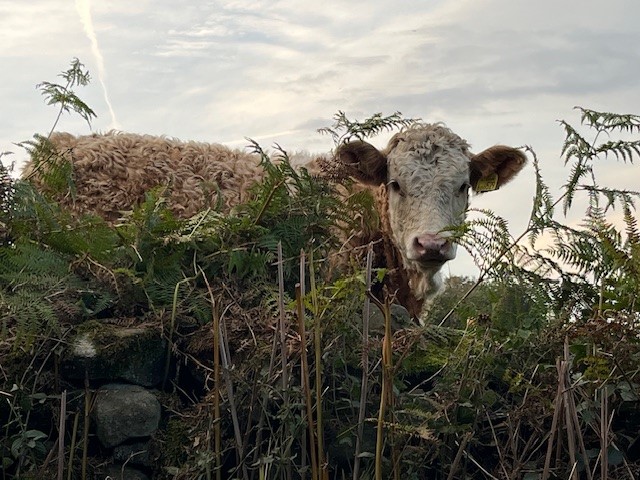A very tough first Reeves Budget for the food system

The post-match analysis of Rachel Reeves’ Budget has been extensive and largely brutal, the comments of the arguably left of centre Office for Budget Responsibility (OBR) and Institute for Fiscal Studies (IFS) worrying for the Government as further tax rises seem likely, not least because cutting expenditure in a bloated and inefficient State appears off the agenda. The silence of The Resolution Foundation is deafening.
All this followed a car crash of a pre-Budget process that managed to reduce both business and consumer confidence. In all, the early months of Reeves’ tenure of No.11 have been one of naivety to put it politely, with a need for grip and competence to improve and soon. For the Reeves’ Budget to be associated with that of the Truss-Kwarteng show, speaks volumes.
So, amidst all this deflation, what of the food and farming sectors? There is no doubt that some investors have used agriculture as a tax shield, Clarkson comes to mind, but the real and understandable anxiety for family farms and the next generation of food producers is a worry and one senses that a rethink is necessary here, even if it is a notable increase in the IHT thresholds.
Quite what the ongoing implications of this political IHT change mean for the food production capability of the UK, remains to be seen, noting that security is the only priority of somewhat incompetent DEFRA that mentions food. On a blank piece of paper, one could struggle to script such nonsense.
And then there is NIC, not just the raising of the limit, which was leaked in a sieve of a process, but the reduction of the entry level from £9k to £5k, which effectively acts as a c2% increase and then there is the National Living Wage, including the 18-20Y old adjustments. Whilst the merits of this can be debated, every business that employees people will be seeing the big cost of this change and now reflecting upon what it means for their respective labour process, which is code for headcount, shift patterns, layers, and capital replacement.
The cost of the Reeves’ Budget to the food sector, which employs 4.3m people in the UK, the country’s largest industrial system that is a sponge for Government, is enormous. For Tesco, which has c311k British employees, the NIC rise alone will not be too much change out of £150m. For publicans, the 1p off a pint will be subsumed by the additional hundreds of pounds each employee will cost, lots and lots of ale volume to compensate. Make no mistake, this first Reeves Budget will be inflationary for the British food system, which will feed into CPI and hinder base rate reduction plans.
Consequently, the relevance of Mark Dudley’s Coriolis grows as his firm brings value to cost reduction programmes around culture, process, measurement, and capability. Such thought processes become ever more vital with such a material forced increase in labour costs from spring 2025. What is clear to me is that Labour is further upwardly repricing labour, following on, it has to be said, from a pretty awful period of governance from the shot Tories.
That change adjusts the relative value of capital, which in the foothills of the AI era may mean the displacement in the private sector of many folks, sadly, people that the bloated public sector cannot absorb. Hence, the blessing of the British economy this century, the labour market, feels under its greatest threat for a generation.
All this is ahead of us, and it is simply to be hoped that the post Budget realism is too pessimistic. We cannot live on hope alone though. If your business needs to access its labour process in light of this Budget, give Mark Dudley a call.
Dr Clive Black
Senior Advisor
Coriolis Consulting
November 2024








